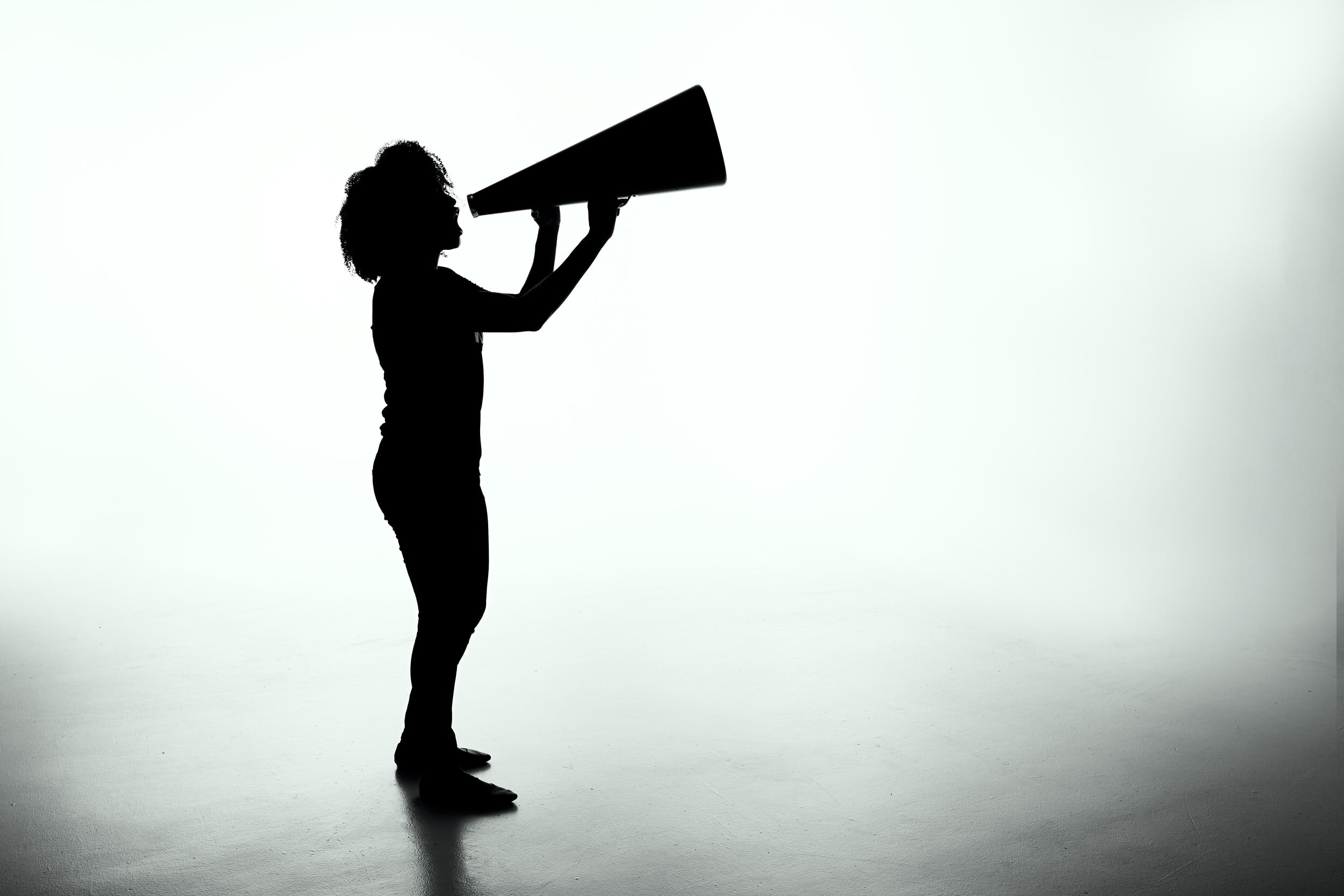Three ways blockchain can help improve democracies
Discussions about blockchain and governments more often than not revolve around fears related to regulation, with the belief that government and blockchain are simply incompatible. However, there are many tangible ways that blockchain can help individuals hold governments accountable, leading to healthier democracies. In this blog post, we will highlight three use cases for how blockchain and crypto can help improve democracies all over the world.
Elections
Over the past year, there have been many false allegations of electoral fraud that have been spread by right-wing political groups who are simultaneously working to limit the ability of certain disenfranchised groups, mainly black Americans, to exercise their democratic right to vote. Blockchain could play an essential role in not only protecting the rights of voters, but it can also create a more secure and transparent electoral system that can increase trust by the general public in the systems that keep democracies running.
Investopedia sums up the benefits of a blockchain-based electoral system well:
A blockchain-based voting application does not concern itself with the security of its Internet connection, because any hacker with access to the terminal will not be able to affect other nodes. Voters can effectively submit their vote without revealing their identity or political preferences to the public. Officials can count votes with absolute certainty, knowing that each ID can be attributed to one vote, no fakes can be created, and that tampering is impossible.
Sounds too good to be true? Well, it isn’t, and the technology exists today to implement such a system. As a side benefit, by bringing the electoral system online via a secure and transparent blockchain-based platform, it could also help increase voter turnout by providing a more simple and accessible way for the public to vote.
Combatting Censorship
At the core of every healthy democracy is free speech and civil dialogue. However, there have been times in history when seemingly thriving democracies have run into issues of censorship, putting the very foundation of their democracies at risk. Blockchain can play a role in supporting free speech by creating a censorship-proof, open, and decentralized platform for the storing and exchange of ideas.
You may have read the story from a few months back about the Hong Kong pro-democracy newspaper, Apple Daily, that was shut down. In response, cyber activists in Hong Kong started uploading documents and articles from the newspaper to a censorship-proof blockchain, so that the articles from the newspaper could live on forever.
One of the primary benefits of blockchain is that it is truly censor-proof, and by storing information on an immutable blockchain, one can also be assured that it is tamper-proof. Unlike a social media platform that governments could easily regulate or even shut down, as has happened before, this simply cannot be done with a blockchain, as governments don’t have the power. The decentralized nature of most blockchain projects, which shift power from the centre to the periphery, make it all but impossible for a government entity to gain control and remove something that they disagree with. Within a blockchain, vital documents, pictures, movies, articles, audio, and more, could live-on forever.
Greater Tax Accountability
When tax season rolls around, it is all too common an experience to watch your money disappear into the abyss of the government treasury, with no real idea of where it goes and how it is spent. Now, imagine a system where you could see every tax dollar that was collected, and where exactly it was spent. This type of system is possible when it comes to blockchain.
The open, transparent, immutable, and trustworthy nature of blockchains make it a perfect solution for such a system. Each tax transaction could automatically be stored on an immutable blockchain, allowing for easy and efficient auditing. Just like how every Bitcoin transaction is traceable on Bitcoin’s blockchain, every tax transaction would be recorded, and could be viewed by anyone, in theory.
This would also make it easier for citizens to hold governments accountable to electoral promises, and to make sure they are putting their money where their mouth is. With greater accountability in government spending, comes greater trust from the public, and ultimately healthier democracies.
While blockchain and government are not typically seen as a favourable due, there are many amazing use cases for how blockchain and cryptocurrency can help hold governments accountable, encourage greater civic participation and dialogue, and restore trust in democracy.
What are some of the other ways that blockchain and cryptocurrency can benefit democracies? Tweet us at @Crypto_Altruism, we would love to hear from you.



